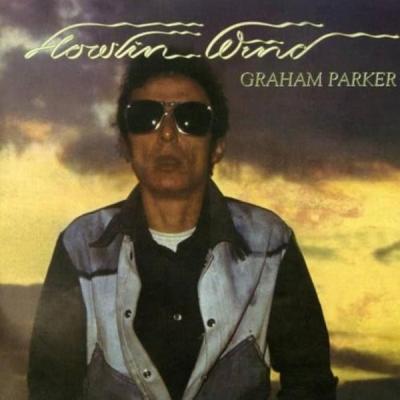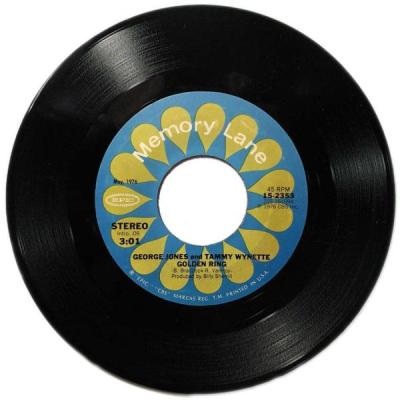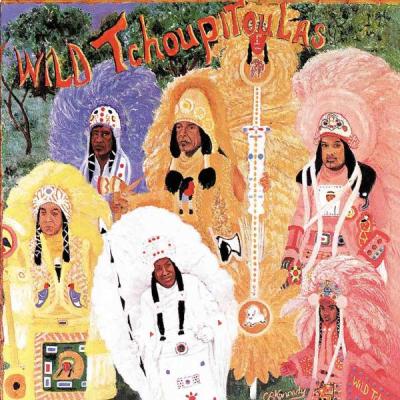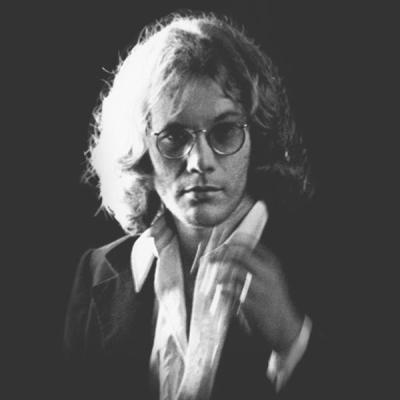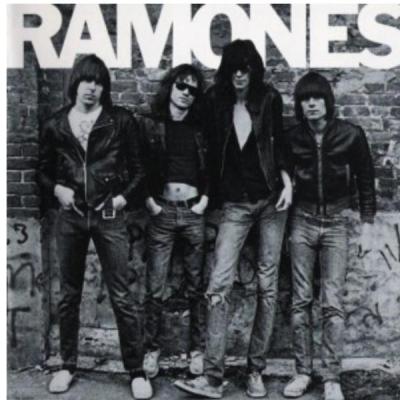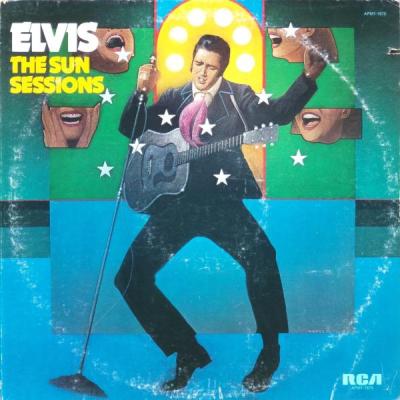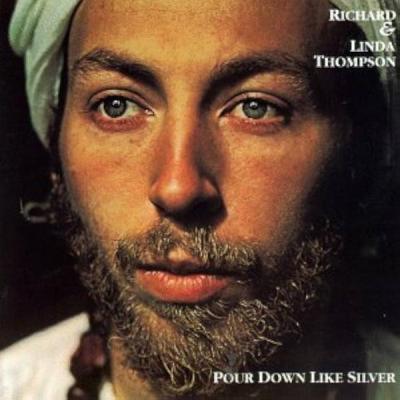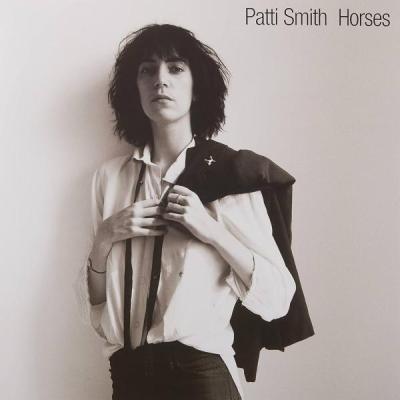


The Wailers: Burnin'
Album #183 - October 1973
Episode date - December 28, 2022
Although “Burnin’” did not sell particularly well when first released, it is nevertheless the album most responsible for spreading knowledge of reggae music around the world, helped in no small part by Eric Clapton’s diluted cover of Bob Marley’s “I Shot the Sherriff” (which first appeared here in its original form).
Initial sales may have been modest, but Clapton’s endorsement made the world aware of Bob Marley and his bandmates, helping to launch “Burnin’” as a best-selling catalog item. It should be noted that the album’s chart peak occurred almost two full years after its release, due partially to Clapton and partially to Marley’s subsequent fame, particularly in Great Britain. The album is also unique in that it represents the last time that Marley, Peter Tosh and Bunny Wailer would record together as a band.
Perhaps because it features all three singer/songwriters, it is one of the most diverse records in the Wailers catalog, with heavy political sentiments sitting comfortably beside more spiritual works. Side one of the original album highlights this contrast. “Get Up, Stand Up” is a call to arms for the disempowered and one of the Wailers’ most blatantly political songs. “Burnin’ and Lootin’” is not far behind and self-explanatory, while “I Shot the Sherriff” is yet another tale of the plight of the underdog. Wedged between these serious topics are the gospel-tinged “Hallelujah Time” and the celebratory spiritual pull of “Put It On.”
In America, the biggest problem facing the Wailers was radio’s inability to determine an appropriate slot for them. They were decidedly not a rock act, but they didn’t fit at all comfortably with R&B stations, either. Radio programmers’ need for categorization rendered reggae music into a square peg in a sea of round holes, and marginalized the band. The general public may have been denied, but musicians of all stripes couldn’t help but take notice of a music style that redefined their fundamental ideas of rhythm. With reggae, a downbeat was no longer explicitly obvious.
Most American and English groups felt compelled to tackle the rhythm, and handled the change awkwardly (including Clapton), but reggae started to spread exponentially as band after band grew attracted to its unique feel. Clapton was quick to jump on board and in his wake, it seemed as though everybody wanted to tackle this new style, but as far as rhythm sections are concerned, The Wailers were untouchable. Aston “Family Man” Barrett was one of the most talented influential bassists of any genre, especially when teamed with his drummer brother, Carlton. Together, they forced musicians to think outside of the box. Teamed with Tosh, Livingstone (Bunny Wailer) and Marley, plus keyboardist Earl Lindo, they made a formidable unit that ultimately changed the face of music. This the last time they worked together as a unit, and there is no better example of their teamwork than what you hear on ‘Burnin’”.
Featured tracks:
Get Up, Stand Up
Hallelujah Time
I Shot The Sheriff
Burnin' and Lootin'
Put It On
Small Axe
Pass It On
Duppy Conquerer
One Foundation
Rasta Man Chant
October 1973 - Billboard Charted #151
Related Shows
- 1 of 20
- ››





